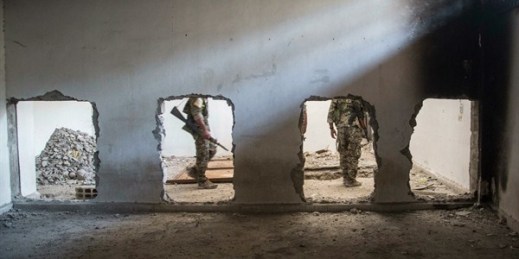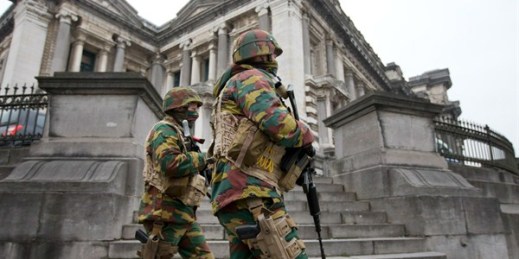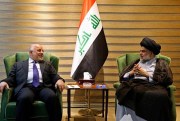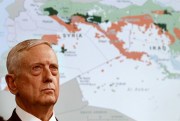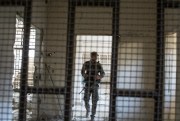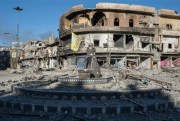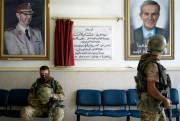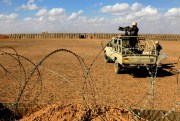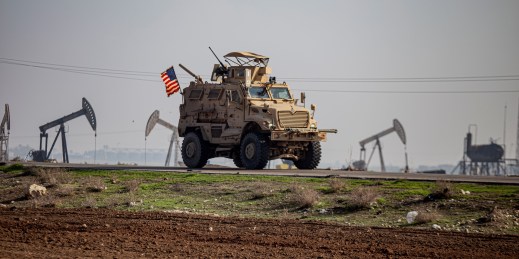
The Last Days of ISIS
In 2017, the Islamic State was ousted from the cities of Mosul and Raqqa, its two major respective bases of operations in Iraq and Syria. The jihadist group saw Raqqa, in northern Syria, as the de facto capital of its self-proclaimed caliphate. This series looks at the future of the Islamic State after the fall of Raqqa, the costs of victory on the ground, and the outlook for Syria and its neighbors.

